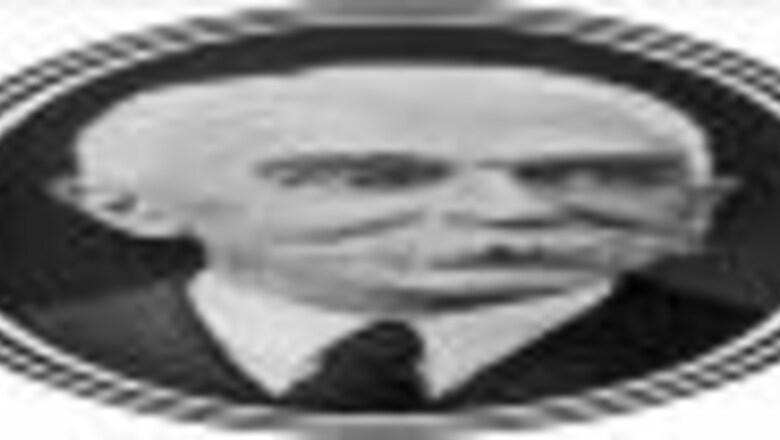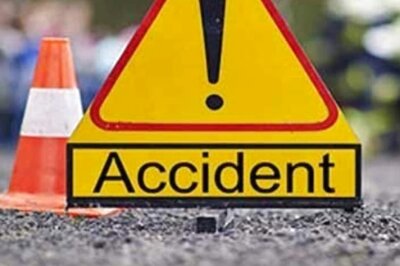
views
The inauguration of the first Games of the modern era, opened by King George I at the foot of the Acropolis on April 5, 1896, was a huge relief for baron Pierre de Coubertin. Greece's instability and economic stature, due to numerous conflicts, proved almost insurmountable obstacles.
However, a rich Greek from Alexandria, George Averoff, donated a gift of one million drachma and in a matter of 18 months a superb white marble stadium, able to hold 60,000 people, was constructed.
Baron de Coubertin's dream of reinventing the Games was one he had coveted since 1892 - two years later the official announcement was made and Athens chosen as the site.
Almost 300 athletes, two-thirds of whom were Greek, from fourteen countries and three continents arrived in Athens, although the Games were not widely covered by the Press.
Nine sports were included in the programme between April 6 - 15: athletics, cycling, fencing, gymnastics, wrestling, swimming, weightlifting, tennis and shooting.
An American Harvard student, James Connolly, became the first olympic champion of the modern era on the first day of the Games, winning the triple jump with a leap of 13.71 metres.
Spiridon Louys: the first Olympic hero
Yet the most impressive story of the Games was one involving a marathon-winning shepherd from the Athens area: Spiridon Louys.
Emulating the journey in 490 BC of the soldier Philippides, who ran 40km between the village of marathon and the olympic stadium in Athens to announce the victory of Greece over Persia, Louys ran the distance in 2 hours, 58 minutes and 50 seconds.
Louys' triumph sent the country wild. It was just one of many eventual victories for the host country, who finished with 50 places of honour (given for 1st, 2nd, and 3rd places), compared to the United States' 19, Germany's 14, and France's 11.
Short of being a true success, Athens proved that the rebirth of the Olympic Games was a worthwhile project, and one which could be expanded in the future.
It was simply a question of giving it a push in the right direction.




















Comments
0 comment